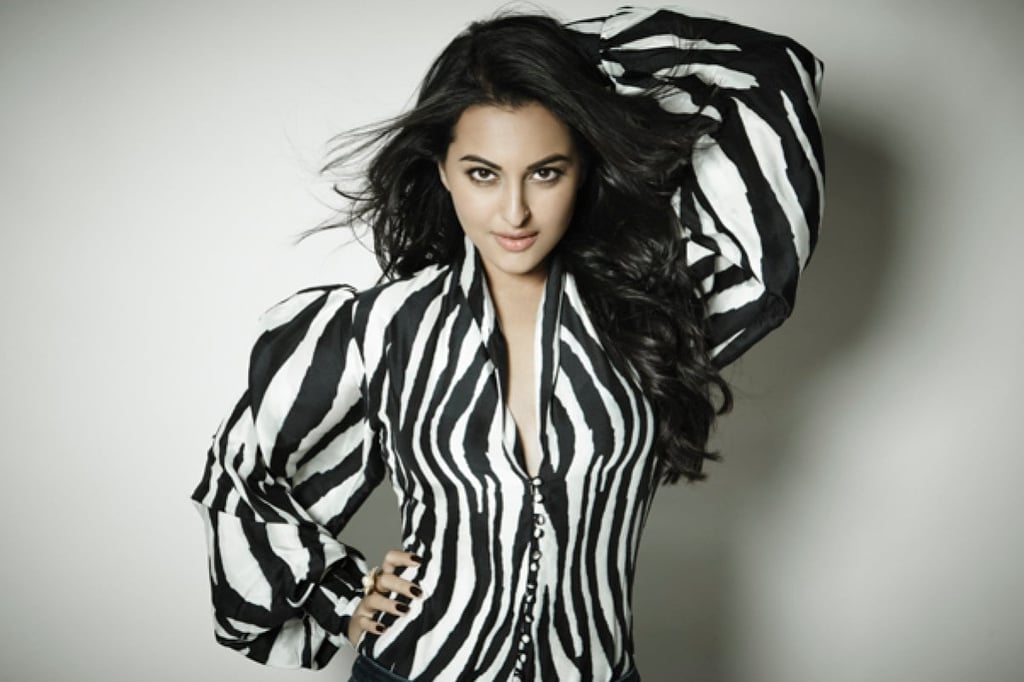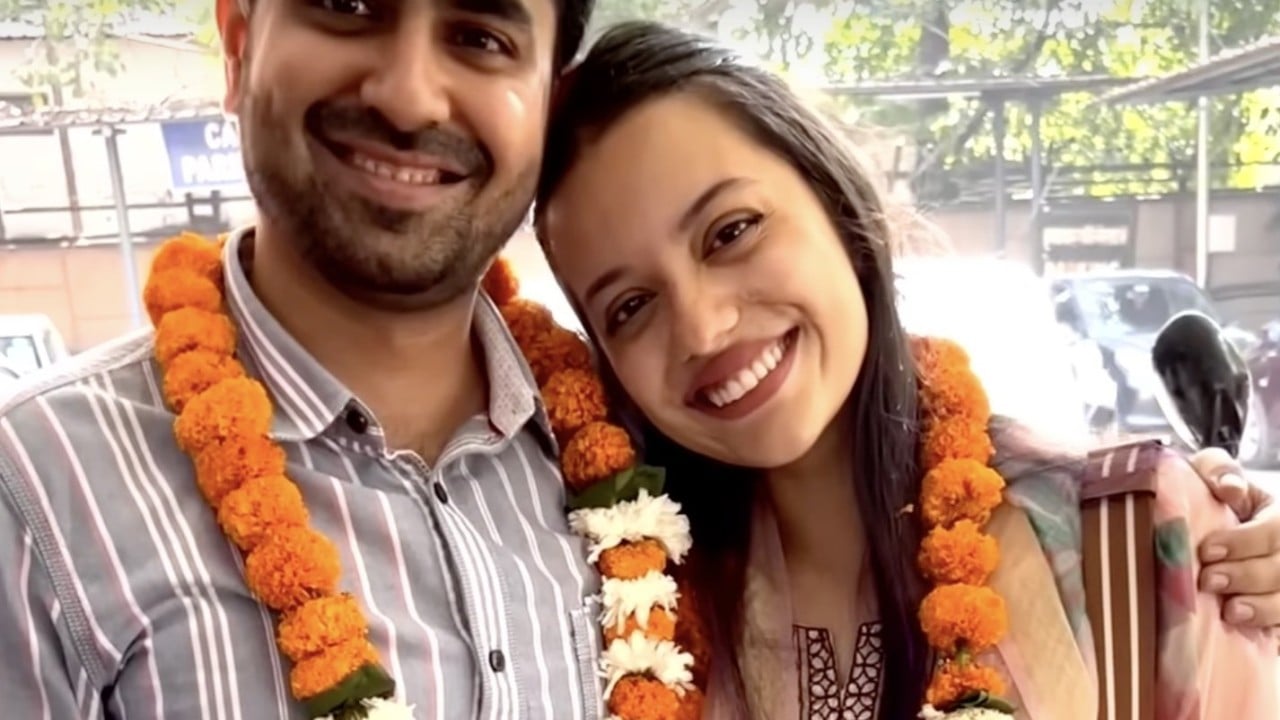In India, where weddings are often resplendent multi-day affairs, Bollywood actress Sonakshi Sinha bucked tradition last month by forgoing the elaborate ceremonies to tie the knot with her long-time boyfriend Zaheer Iqbal in a simple civil ceremony.
They were wed under India’s Special Marriage Act, which allows couples of different faiths and castes to marry without the need for traditional rituals. As an observant Hindu, Sinha’s marriage to the Muslim Iqbal was made possible by this alternative path to the altar. Following their modest courthouse vows, the newlyweds hosted a reception in Mumbai attended by family and Bollywood A-listers.
India’s other major marriage laws – the Hindu Marriage Act, the Muslim Marriage Act, and the Christian Marriage Act – all require couples to observe religious customs to legally wed, even if they have an official marriage certificate. This was spotlighted in April when the Supreme Court ruled that a Hindu couple’s divorce was invalid because they had never actually married, having skipped the required rituals.
The Special Marriage Act streamlines the process, requiring only the presence of three witnesses and a sub-registrar to solemnise the union. Still, a series of procedural steps must be followed, including a public notification period to allow for potential objections.

Family law expert Rajesh Rai touts the practical benefits of the Special Marriage Act, which allows couples to tie the knot in a straightforward, cost-effective manner. “Court marriages effectively prevent social ills like child marriages and dowry, while ensuring legal security and authenticity,” said the New Delhi-based lawyer.
Perhaps most significantly, Rai said, these civil ceremonies bridge the traditional divides of religion and caste, allowing couples from diverse backgrounds to unite in matrimony. “As a result, court marriages are increasingly becoming the preferred choice for many Indians.”
Satshya Anna Tharien, a 30-year-old former journalist and content creator who recently moved from Singapore to Delhi, can attest to this. In 2022, she and her husband, Akash Narang, a Punjabi Hindu, formalised their interfaith union with a simple court ceremony.
“I had to have a court marriage because of Indian laws on inter-religious marriages,” Tharien, a Malayali Christian, said. “But it wasn’t too alien for our families, as my husband’s parents had also had a court marriage when they got married.”

After the legal proceedings, the couple exchanged garlands and celebrated with a simple family lunch – eschewing the sprawling celebrations that often dominate Indian weddings. Tharien even documented the process on her YouTube channel.
While Tharien appreciated the convenience of her civil ceremony, she did express one reservation: the “private details” like names and addresses that had to be displayed as a public notice “in the office for everyone to see”.
Court marriages have historically carried a stigma in India, Tharien said, as many assumed they were hastily or secretly arranged due to parental objections. But “more young Indians are increasingly opting for it and looking to instead use the money [saved] to set up their houses and for family savings,” she told This Week in Asia.
This shift in perceptions is welcome news for Mumbai-based lawyer and author Vandana Shah, who has observed lingering confusion within the legal community about recent court judgments regarding Indian marriages.
It’s going to take many more years for it to become mainstream, since weddings are still seen as a reflection of self-worth, especially in India
The rise in court marriages is also driven by practical considerations, from opening bank accounts to securing overseas job postings, Shah said.
While comprehensive data on the trend remains elusive, Shah has observed a clear uptick in court marriages over the past decade.
“About 10 years ago, when people came to me for a divorce, hardly one in 100 would have registered their marriage,” she said. “Compared to now, where almost 90 per cent of those who come to me have registered their marriages.”
Filmmaker and writer Anand Holla, 39, is part of this societal shift. When he and his wife, 40-year-old creative producer Ruchi Sharma, tied the knot, theirs was a simple, intimate affair – no elaborate rituals, just a small gathering of 20 family members and friends, despite them both being Hindu Brahmins.

“I believe a court marriage is still an outlier in our big fat Indian wedding-obsessed society,” said Tharien, the content creator.
“In recent years, people have become more accepting of it … but it’s going to take many more years for it to become mainstream, since weddings are still seen as a reflection of self-worth, especially in India.”
Indeed, Holla’s own cousin opted for a “full-blown wedding” earlier this year, despite initially wanting a more streamlined civil ceremony – showing just how strong the pull of tradition can be.


